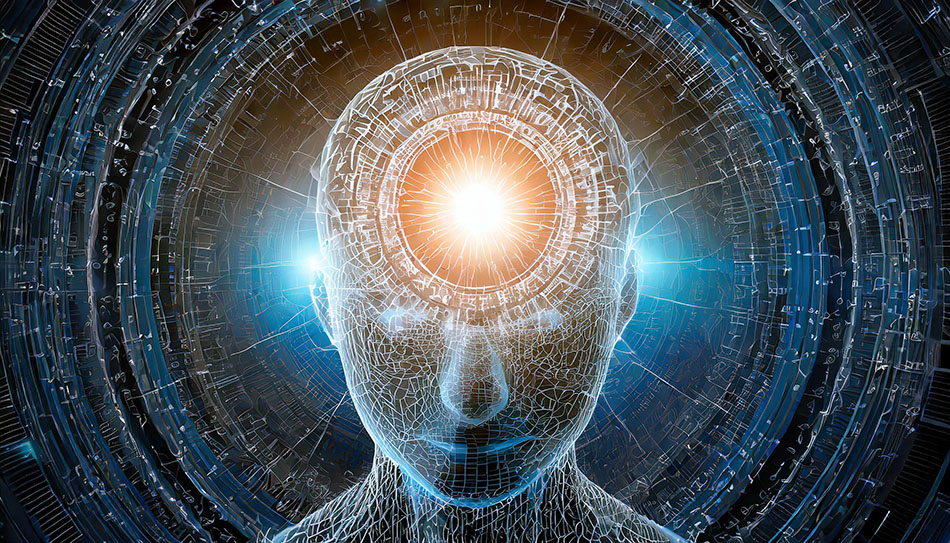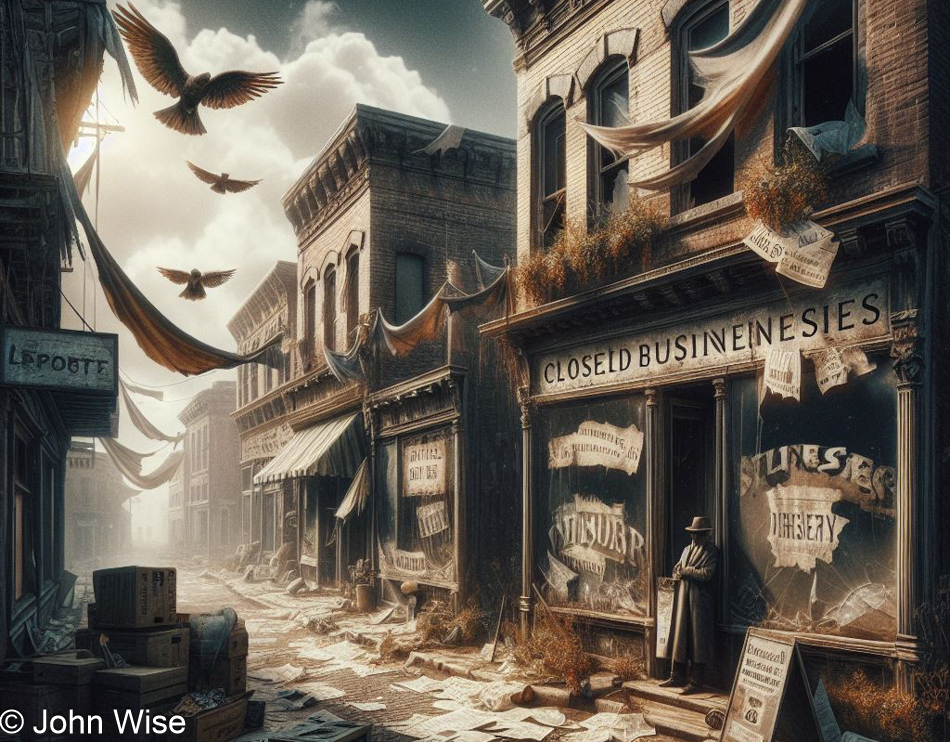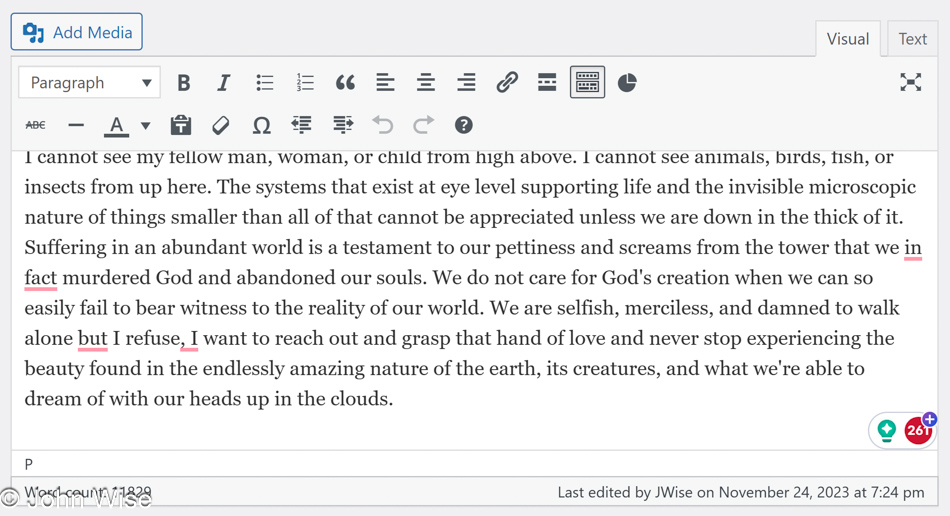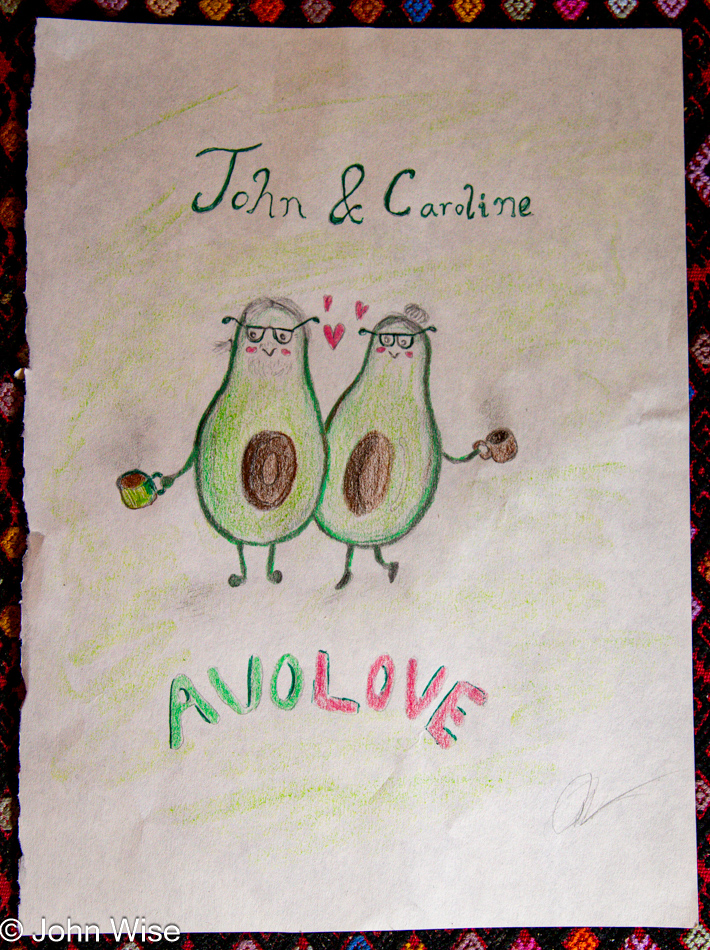
There you are one day, sitting in front of a screen reading the latest on 1-bit LLMs, specifically Microsoft’s implementation of BitNet b1.58 for the creation of Local LLMs, and wouldn’t you know it: the proverbial one thing leading to another, an article about the processing speeds required by Microsoft to run a lower power LLM on a mobile device, shows up. While it was Intel in the story identifying the software giant’s requirements of 40 TOPS (Trillions of Operations Per Second) of calculation ability to run on the next-gen of NPUs (Neural Processing Units), it appears that Qualcomm and their X Elite chips with 45 TOPS of performance will be first to market this year, not Intel.
While I’m enjoying the luxuries of search using Claude Opus/Sonnet, Mistral’s Le Chat, CoPilot, occasionally ChatGPT, and very rarely Google’s Gemini, I’d like to think that having AI running locally on my smartphone might have some kind of advantage. I can’t help but wonder about the rise of 1-bit weighted models that utilize 1-bit strings of observational analysis of the user in a file smaller than the average cookie. What would appear to us as random 1s and 0s are data points that possibly allow companies to build a better psychological profile of a user without violating data privacy.
With AI-assisted voice, email, search, and the myriad of other transactions that could be filtered through such tools, a much more specific and accurate profile could be structured from the data.
Taylorism was first created in the late 19th century as a scientific management solution for measuring the effectiveness and productivity of people involved in physical labor. By the 2010s, Digital Taylorism was moving into the vernacular as software performance monitoring tools were spreading. Here we are today in the mid 2020s, and it would appear that we are on the cusp of witnessing the advent of Algorithmic Taylorism. This development would no longer be an outside observer or installed piece of software designed for a specific industry; it will be the operating system, the machine, able to monitor any individual for better management and observation by the algocratic state.
Image created with Adobe Firefly





